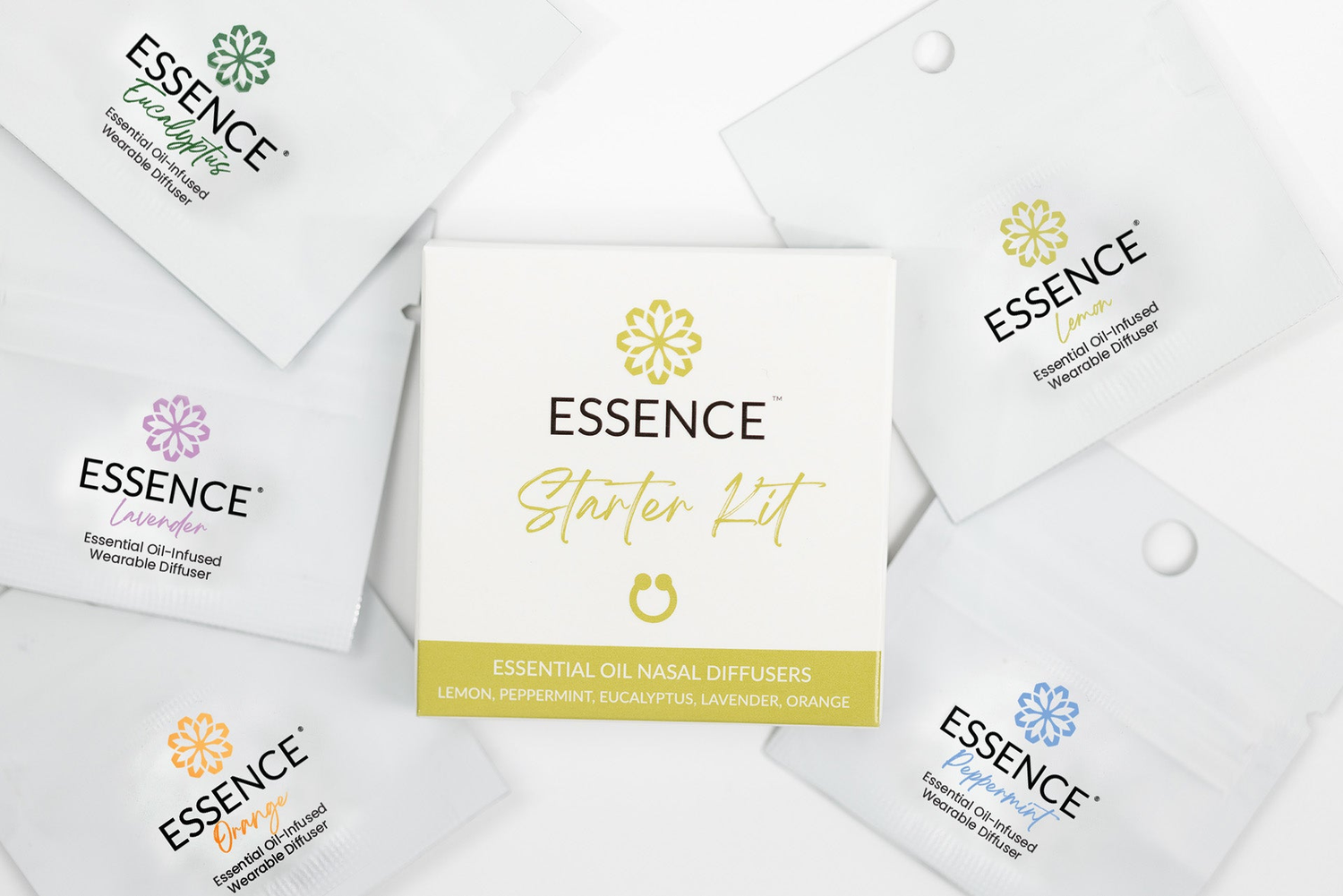With the advent of Covid-19 in early 2020, a little-known sensory condition was thrust into the media and medical spotlight: Parosmia. Parosmia is one of the primary symptomatic markers for the relatively mysterious Covid-19 virus. Parosmia is defined in the Oxford Dictionary as an “abnormality in the sense of smell”.
To be clear, Covid-19 isn’t the only cause of parosmia. It can also be the result of a head injury, sinus or other bacterial or viral infection, certain toxins and drugs, and seizures that occur in the temporal lobe. Smoking and chronic chemical exposure, as well as certain cancer treatments, are also causes of parosmia. However, because parosmia is a symptom of Covid-19, and Covid-19 ballooned into an international epidemic in 2020, many people learned through sad experience the undesirable impact it can have on an individual’s olfactory system.
Incidentally, most cases of parosmia occur after the typical symptoms of Covid-19, sinus infection, or other “cause” subside or disappear altogether. This often leaves the sufferer wondering what’s going on.
Never experienced parosmia yourself? Imagine that you walk into a bakery. Your nose, expecting to indulge in the robust, sweet scents of donuts and French bread, is instead met with an overpowering blast of something mighty unpleasant, even putrid. In the severest of cases, trying to eat the bread (or whatever food your nose is confusing the smell of) can cause feelings of sickness or nausea. This is off-putting, of course, and often individuals with parosmia experience a loss of appetite and weight loss due to the inability to eat food because of the inaccurate smell associated with it. However, even in mild cases, an aversion to certain foods and environments is to be expected.
In addition to the unsavory outcomes of parosmia, diagnosing the cause of it can also be tricky. Typically, in order to have an accurate diagnosis, one would need to be tested by an otolaryngologist, also known as an ENT (ear-nose-throat) doctor. A common test that is used is a basic “scratch and sniff” test that is administered under a doctor’s observation. If serious underlying concerns exist, further testing, such as a sinus CT, biopsy of the sinus region, or an MRI would be recommended.
If no serious issues are detected, the doctor may send you on your way with treatment suggestions such as upping your intake of zinc, vitamin A, or they may possibly prescribe antibiotics. As a last-ditch effort after long-term parosmia, olfactory training therapy (also known as “smell training”) is always an option. Ask your doctor if this is a good option for you.
And now for the good news: parosmia is rarely a permanent condition. The brain’s ability to rewire itself is a miraculous undertaking—neurons can repair themselves over time. However, recovery times do vary, typically from ten days to several months to regain full olfactory function.
The best way to endure the unpleasant effects of parosmia is to regularly use Essence nasal diffusers. Many doctors are currently using the Essence Ring to help their patients reorient their sense of smell. If you suffer from Parosmia, talk to your doctor about ways to use essential oil scents to help aid in recovery.
Essence scent options include peppermint and cinnamon, with their strong, invigorating scents, helping to mask disagreeable smells. Citrus options such as lemon, orange, or grapefruit, help to sanitize scents as they pass through your olfactory system. Lavender helps to calm and relax the nervous system. Regardless of the scent you prefer, having Essence nasal diffusers on hand while patiently waiting for parosmia to pass is a definite win!


